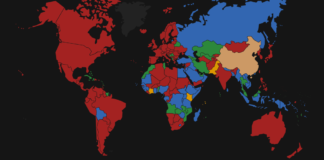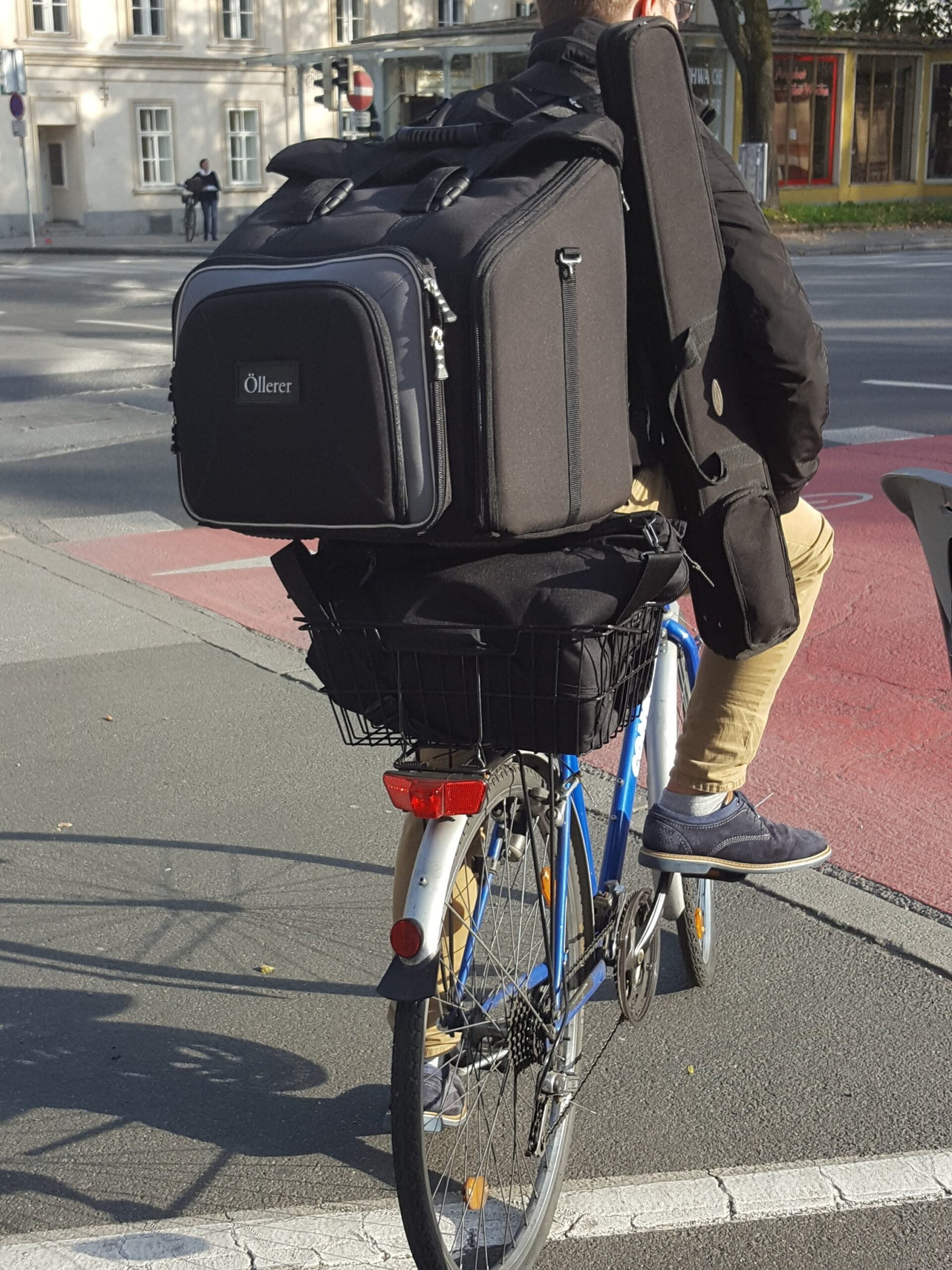From allowances to families to those that help people who live far from where they work, here are the tax benefits you can take advantage of to help you save money in Austria.
Austria’s tax system can be complex and nuanced, making it difficult for individuals and families to understand how to maximise their savings fully.
However, several valuable deductions and credits are designed to alleviate taxpayers’ financial burden, particularly families. These benefits can significantly reduce your tax liability, putting more money back in your pocket.
Whether you’re a working professional, a parent, or someone facing unexpected expenses, understanding and utilising these tax advantages can make a real difference in your financial well-being.
READ ALSO: Why it’s worth filling in your annual tax return in Austria
Here are five key tax deductions and credits you can leverage to save money:
Relief for sole-earners
If you’re a single-income family in Austria, you could be eligible for a valuable tax break called Entlastung für Alleinverdienende (Relief for Single Earners). This benefit is designed to provide additional financial support to families where one parent earns a low income and qualifies for the Familienbeihilfe (family allowance) for at least six months of the year.
To be eligible, you must have been married or cohabiting for at least six months, and your partner’s total income for the year must not exceed €6,312. It’s important to note that not all income sources are included in this calculation. Tax-free special payments, such as overtime or night work and childcare allowance (Kinderbetreuungsgeld), are excluded.
The amount of tax relief you receive depends on the number of children you have who qualify for the Familienbeihilfe for at least six months of the year. If you have one child, the benefit is €520. With two children, it increases to €704; for each additional child, you receive an additional €232 in tax relief.
Advertisement

Family Bonus Plus
The Family Bonus Plus (Familienbonus Plus) is a significant tax benefit for families in Austria. It provides a tax credit of up to €2,000.16 per child under 18 or up to €650.16 for children over 18. The primary requirement is that you or your partner receive the Familienbeihilfe (family allowance) for the child.
One of the great advantages of this bonus is that you and your partner can split it to maximise your tax savings. It’s recommended that you discuss this with your partner to determine the optimal distribution. You can also decide how to divide the bonus for each child.
In cases where you pay little or no income tax, you might receive the additional child allowance of up to €550 per child annually instead of the tax credit. This alternative benefit ensures that families with lower incomes still receive financial support for their children.
READ ALSO: EXPLAINED: The tax benefits that parents and families receive in Austria
Advertisement
Deduct donations or church contributions
Donations to specific organisations (list of beneficiary donation recipients) are tax-deductible as special expenses up to a maximum amount of 10 percent of the current year’s income.
The same applies to church contributions of up to €400 per year.
Donation organisations or religious societies must report the contributions received to the tax office. The amounts are, therefore, automatically taken into account—you can see them in your FinanzOnline account.
Commuter allowance
The Pendlerpauschale (commuter allowance) is for those who commute to work using public transportation or their vehicle. You can claim a tax deduction for your travel expenses. The amount you can deduct depends on the distance you travel and the mode of transportation.
READ ALSO: Can you pay your Austrian taxes using a foreign bank account?
Advertisement

Education and training
In Austria, job-specific training and further education costs can be deducted from your taxable income, making it a financially savvy decision.
Even basic commercial or office technology courses, such as introductory IT training, can qualify as tax-deductible expenses. The costs of obtaining a vocational maturity diploma can also be claimed. Language courses are also eligible if the language skills are directly relevant to your job.
So, what exactly can you deduct? The list includes course fees, course materials, exam fees, photocopying costs, and even travel expenses to and from the course location. Essentially, any expense incurred in connection with your professional development is fair game.
Remember, keeping track of receipts and documentation is crucial to substantiate your claims.
READ ALSO: Taxes in Austria: The changes you should be aware of this season
Advertisement

How can I claim these benefits?
If you haven’t already claimed them via your employer (which would show in your monthly payslip), you can claim them by doing your yearly tax assessment. The easiest way is to do it online via the FinanzOnline portal.
However, you can also reach out to any office of the Austrian tax office to obtain the necessary forms and then send them filled by the post office.
More
- Crypto Needs Private, Decentralized ID Verification — Now More Than Ever
- 🇺🇦 Ukraine’s War in the Skies Reaches Breaking Point as F-16 Pilot Lost in Massive Russian Assault
- Tragedy Strikes Football World: Liverpool Star Diogo Jota Dies in Car Crash at 28
- Diddy Denied Bail Amid Convictions — What’s Next for the Hip-Hop Mogul?
- Kanye West Denied Entry into Australia Over Controversial Pro-Hitler Song













